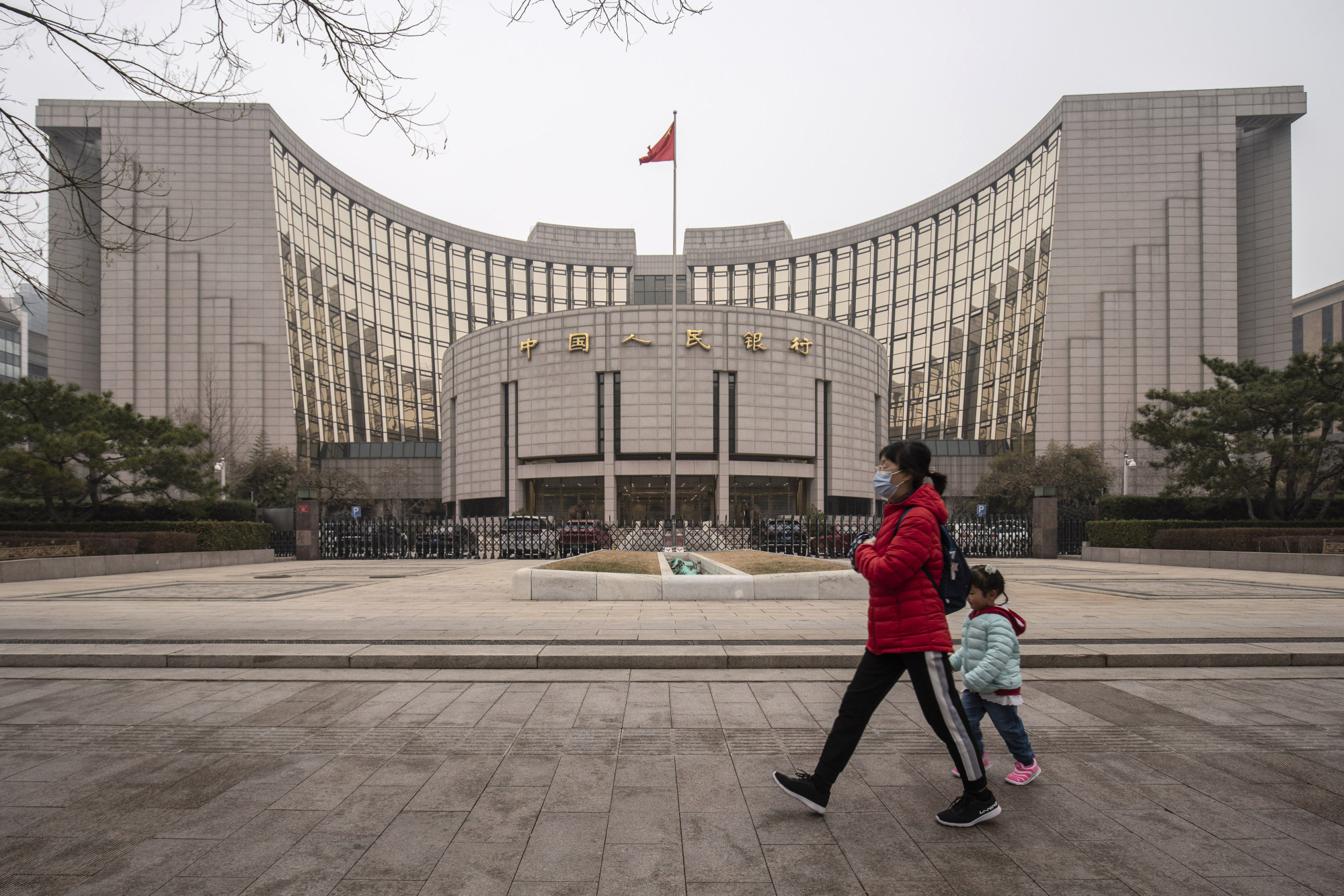BIG BREAKING
the People's Bank of China suddenly announced that the digital RMB (Renminbi, Chinese Yuan) cross-border settlement system will be fully connected to the ten ASEAN countries and six Middle Eastern countries, which means that 38% of the world's trade volume will bypass the SWIFT system dominated by the US dollar and directly enter the "digital RMB moment". This financial game, which The Economist called the "Bretton Woods System 2.0 Outpost Battle", is rewriting the underlying code of the global economy with blockchain technology.
While the SWIFT system is still struggling with the 3-5 day delay in cross-border payments, the digital currency bridge developed by China has compressed the clearing speed to 7 seconds. In the first test between Hong Kong and Abu Dhabi, a company paid a Middle Eastern supplier through digital RMB. The funds no longer went through six intermediary banks, but were received in real time through a distributed ledger, and the handling fee dropped by 98%. This "lightning payment" capability makes the traditional clearing system dominated by the US dollar instantly look clumsy.
What makes the West even more frightened is the technical moat of China's digital currency. The blockchain technology used by the digital RMB not only makes transactions traceable, but also automatically enforces anti-money laundering rules. In the China-Indonesia "Two Countries, Two Parks" project, Industrial Bank used digital RMB to complete the first cross-border payment, which took only 8 seconds from order confirmation to funds arrival, 100 times more efficient than traditional methods. This technical advantage has enabled 23 central banks around the world to actively join the digital currency bridge test, among which Middle Eastern energy traders have reduced settlement costs by 75%.
The deep impact of this technological revolution lies in the reconstruction of financial sovereignty. When the United States tried to sanction Iran with SWIFT, China had already built a closed loop of RMB payments in Southeast Asia. Data shows that the cross-border RMB settlement volume of ASEAN countries exceeded 5.8 trillion yuan in 2024, an increase of 120% over 2021. Six countries including Malaysia and Singapore have included RMB in their foreign exchange reserves, and Thailand has completed the first oil settlement with digital RMB. This wave of "de-dollarization" made the Bank for International Settlements exclaim: "China is defining the rules of the game in the era of digital currency."
But what really shocked the world was China's strategic layout. Digital RMB is not only a payment tool, but also a technical carrier of the "Belt and Road" strategy. In projects such as the China-Laos Railway and the Jakarta-Bandung High-Speed Railway, the digital RMB is deeply integrated with Beidou navigation and quantum communication to build a "Digital Silk Road". When European car companies use digital RMB to settle freight through the Arctic route, China is using blockchain technology to increase trade efficiency by 400%. This virtual-real strategy makes the US dollar hegemony feel a systemic threat for the first time.
Today, 87% of countries in the world have completed the adaptation of the digital RMB system, and the scale of cross-border payments has exceeded 1.2 trillion US dollars. While the United States is still debating whether digital currency threatens the status of the US dollar, China has quietly built a digital payment network covering 200 countries. This silent financial revolution is not only about monetary sovereignty, but also determines who can control the lifeline of the future global economy!
👉 This is very big news It means De-dollarisation in a big way. It can completely re-set the world
Related posts:
China gets into blockchain race with US
Blockchain Festival & Conference Week, Kuala Lumpur 26~27 Sept 2018
President Xi’s Blockchain Push Triggers Frenzy in China Technology Stocks
Jack Ma Embraces Blockchain for Ant But Warns of Bitcoin Bubble
BLOCKCHAIN beyond Bitcoin
Blockchain:
Internet of Value/ Currency of Trust; Private cryptocurrency a
misallocation among blockchain technology, say research & economist



























